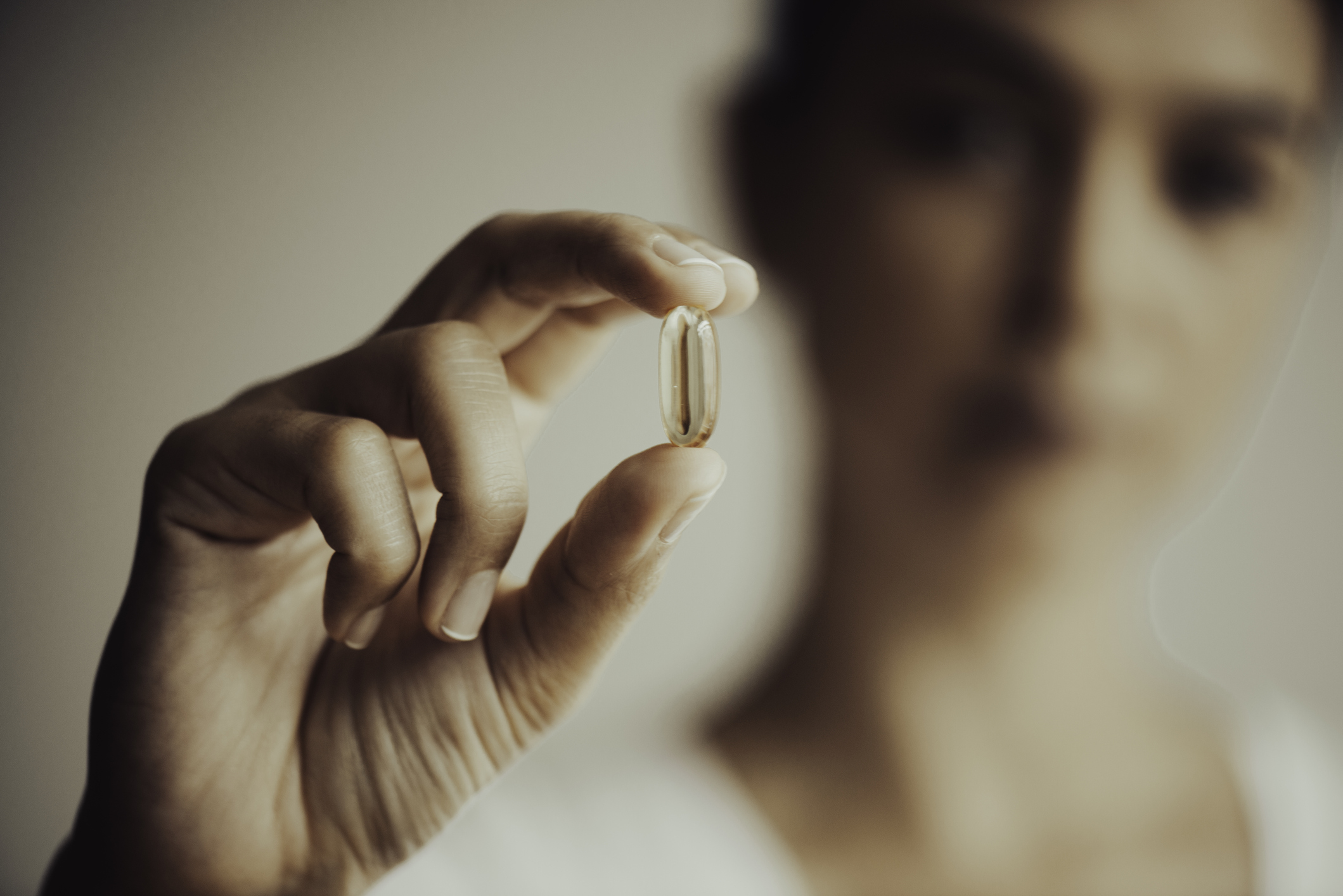Get Easy Health Digest™ in your inbox and don’t miss a thing when you subscribe today. Plus, get the free bonus report, Mother Nature’s Tips, Tricks and Remedies for Cholesterol, Blood Pressure & Blood Sugar as my way of saying welcome to the community!
Vitamin D metabolism: Why it’s not a one-size-fits-all vitamin

We’ve known for some time that weight is a risk factor for vitamin D deficiency.
Research has shown a body mass index (BMI) of over 40, classified as severe obesity, increases the risk for vitamin D deficiency by 18 to 23 percent compared with those with a BMI under 40.
But the association with weight and vitamin D goes further…
In fact, it may help explain why some studies have shown supplementing vitamin D can have a positive impact on disease, while others have produced results that weren’t as impressive.
To get to the bottom of the vitamin D conundrum, researchers from Brigham and Women’s Hospital decided to revisit the results of the VITAL trial to tease out how differently vitamin D may be metabolized in people with an elevated BMI, affecting its impact on their health.
How BMI may affect vitamin D metabolism
The VITAL trial was a large nationwide clinical trial investigating whether taking vitamin D or marine omega-3 supplements could reduce the risk of developing cancer, heart disease or stroke. The study followed more than 25,000 participants, over the age of 50 and free of cancer or cardiovascular disease at the start, for about 5 years.
In that trial, the team found that taking vitamin D was associated with an overall 17 percent risk reduction for advanced cancer (cancer that spreads throughout the body). And in people with a normal BMI (less than 25), they found that risk reduction jumped to 38 percent.
According to first author Dr. Deirdre K. Tobias, an associate epidemiologist in Brigham’s Division of Preventive Medicine, “There seems to be something different happening with vitamin D metabolism at higher body weights, and this study may help explain diminished outcomes of supplementation for individuals with an elevated BMI.”
To that end, researchers initiated a new study analyzing data from 16,515 participants in the original VITAL trial who gave blood samples at the start of the trial, as well as 2,742 who gave a follow-up blood sample taken after two years.
They measured levels of total and free vitamin D along with many vitamin D biomarkers, including vitamin D metabolites, calcium and parathyroid hormone, which helps the body utilize vitamin D.
They found that supplementing with vitamin D increased most of the markers associated with vitamin D metabolism, regardless of people’s weight. However, in people with elevated BMIs, the increases were significantly smaller.
“This study sheds light on why we’re seeing 30 to 40 percent reductions in cancer deaths, autoimmune diseases and other outcomes with vitamin D supplementation among those with lower BMIs but minimal benefit in those with higher BMIs, suggesting it may be possible to achieve benefits across the population with more personalized dosing of vitamin D,” says senior author JoAnn E. Manson, MD, DrPH, chief of the Division of Preventive Medicine at the Brigham and Women’s Hospital and principal investigator of VITAL.
The authors concluded that these findings are a call to action for the research community to continue exploring the potential benefits of vitamin D supplementation for preventing cancer and other diseases and to take BMI into account when evaluating the supplement’s impacts.
Can you increase your vitamin D efficiency?
Of course, the best way to ensure your body has the vitamin D it needs is to have your levels tested. Your doctor can help you with that.
In the meantime, there are a few things you can do to help boost your body’s ability to utilize vitamin D if weight is an issue…
Make sure you’re taking a supplement containing D3, the form most effectively absorbed by the body, and that the supplement contains enough D3 to address any deficiency you may have (but not too much).
Your doctor may prescribe a high dose to correct a deficiency, and then taper off to a daily dose.
Also, your diet needs to include enough vitamin K, magnesium and zinc, all of which facilitate the absorption of vitamin D.
Editor’s note: Did you know that when you take your body from acid to alkaline you can boost your energy, lose weight, soothe digestion, avoid illness and achieve wellness? Click here to discover The Alkaline Secret to Ultimate Vitality and revive your life today!
Sources:
Study Suggests Vitamin D Benefits and Metabolism May Depend on Body Weight — Brigham and Women’s Hospital
Association of Body Weight With Response to Vitamin D Supplementation and Metabolism — JAMA Network Open
Defining Adult Overweight & Obesity — Centers for Disease Control and Prevention
These 6 nutritionist-backed tips will help your body absorb vitamin D better — Health Shots













